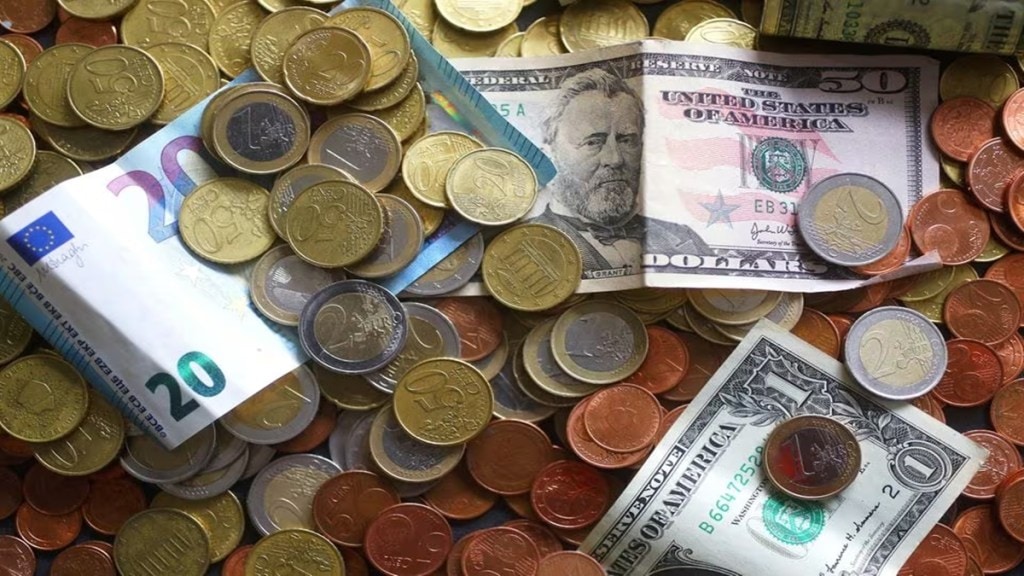By Nigel Green
The expected rise in inflation, as indicated by the Personal Consumption Expenditures (PCE) measure, the US Federal Reserve’s preferred gauge to be published on Thursday, poses significant implications for global markets and investors.
If the predicted increase of 0.3% in overall inflation and 0.4% in core inflation for January holds true, several key factors will come into play that could impact investment strategies and market dynamics.
Market volatility
Additional inflationary pressures typically introduce volatility into financial markets. Investors closely monitor inflation data as it influences central bank policies, interest rates, and overall market sentiment. A higher-than-expected inflation rate can be expected to trigger concerns that the Fed will push back again on rate cuts, leading to market jitters and increased volatility.
Impact on fixed-income investments
Inflation erodes the purchasing power of money over time. As inflation rises, the real return on fixed-income investments, such as bonds, also typically decreases. Investors holding fixed-income assets could see reduced real returns if inflation outpaces the yields on these investments. Consequently, there might be a shift in investment preferences towards assets that historically perform well in inflationary environments.
Equity markets
Certain sectors within equity markets are more sensitive to inflation. Companies with the ability to pass on increased costs to consumers, often referred to as “inflation-resistant” or “defensive” sectors, fare better. On the other hand, industries with high sensitivity to interest rates, such as technology and growth stocks, could face headwinds as borrowing costs remain elevated.
Commodities and real assets
Higher inflation tends to benefit real assets and commodities as they are considered hedges against rising prices. Investors often allocate more funds to assets like gold, real estate, and commodities like oil, anticipating that their intrinsic value will be less affected by inflation compared to traditional financial assets.
Currency markets
If the US experiences higher inflation than other major economies, it could impact the strength of the US dollar relative to other currencies. Investors will adjust their currency exposure based on expectations of relative inflation rates and central bank policies.
Global economic impact
Rising inflation in the US has spillover effects on the global economy. It influences international trade dynamics, interest rates, and capital flows. As such, investors with exposure to global markets will need to consider the interconnectedness of economies and the potential ripple effects of US inflation on other regions.
There’s no doubt that the projected rise in inflation, as measured by the PCE, carries significant implications for global markets and investors. Investors will be closely monitoring the data on Thursday and the subsequent Federal Reserve response.
(Author is deVere Group CEO and Founder)
